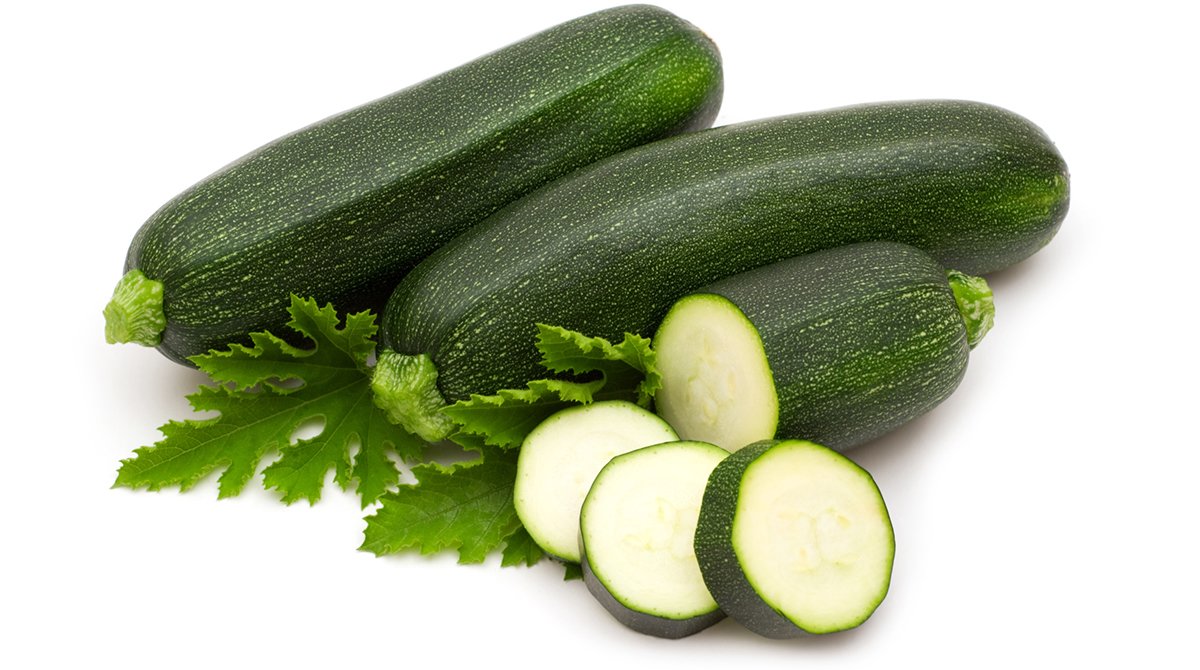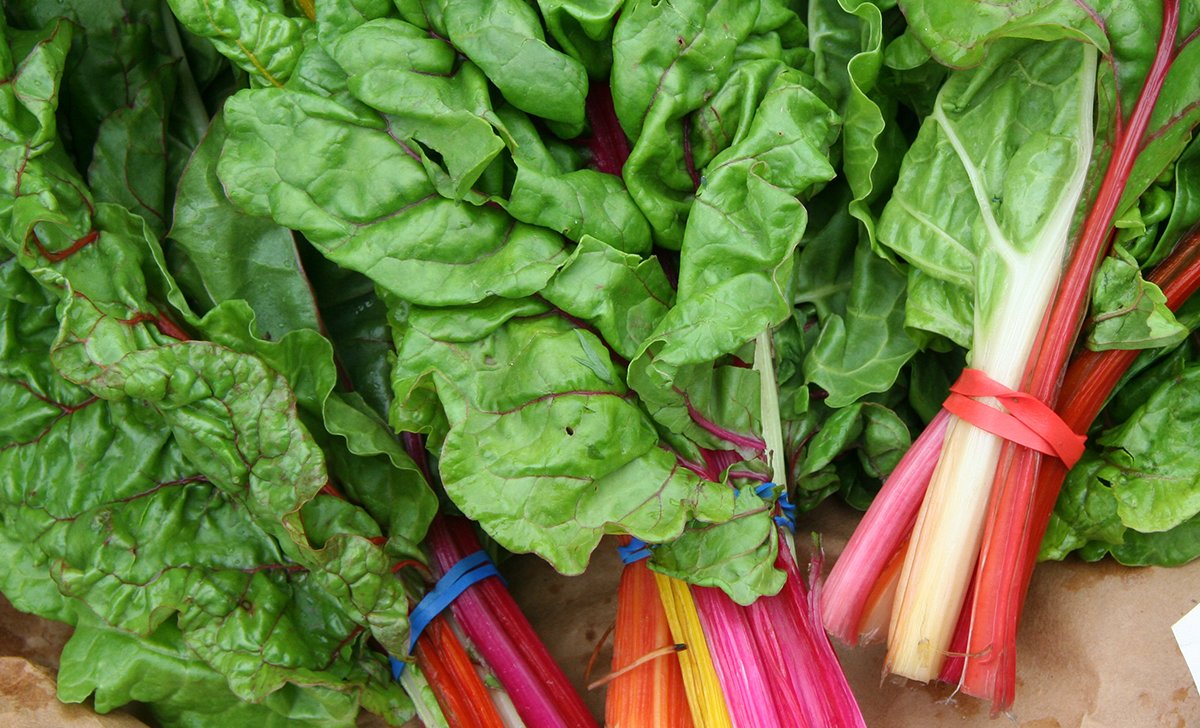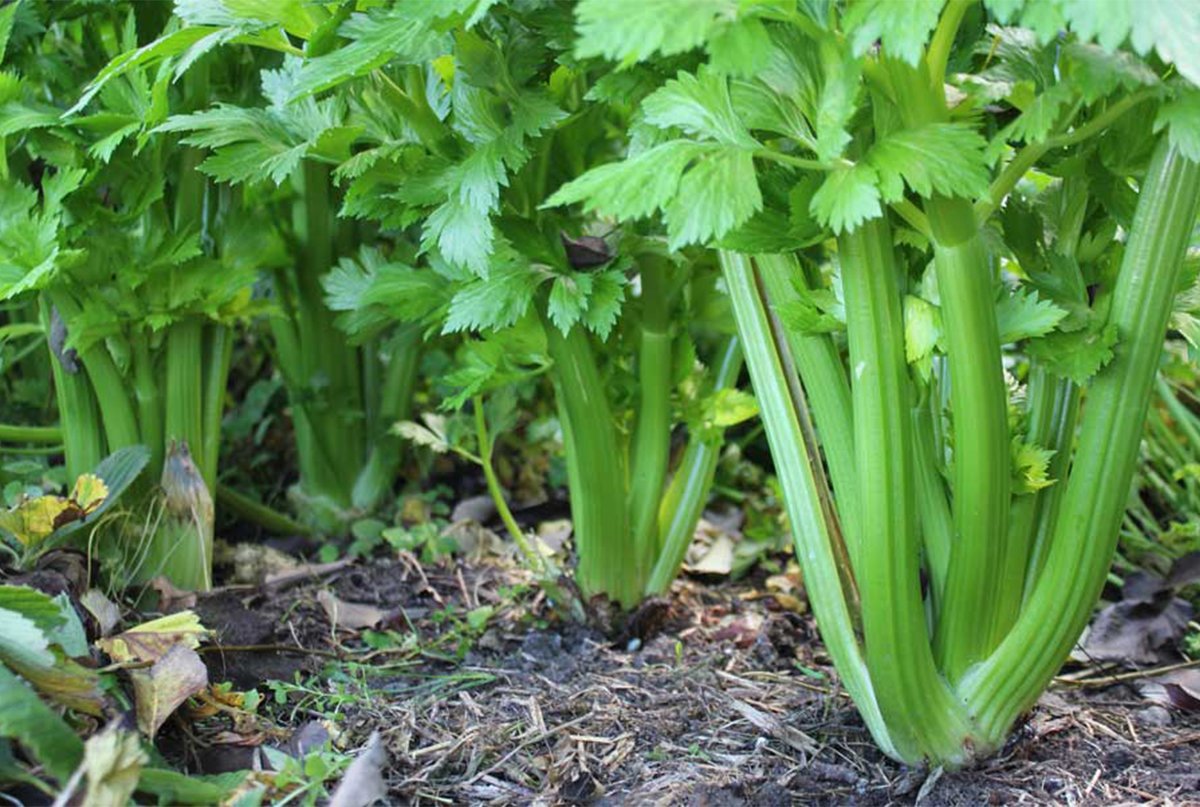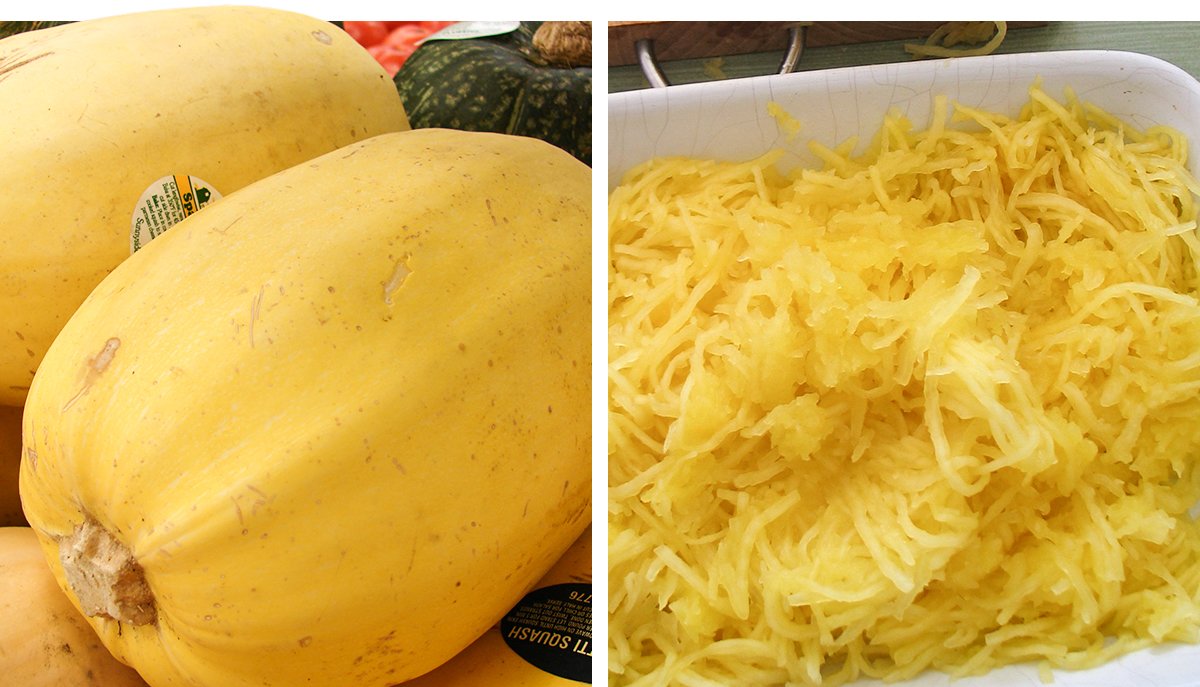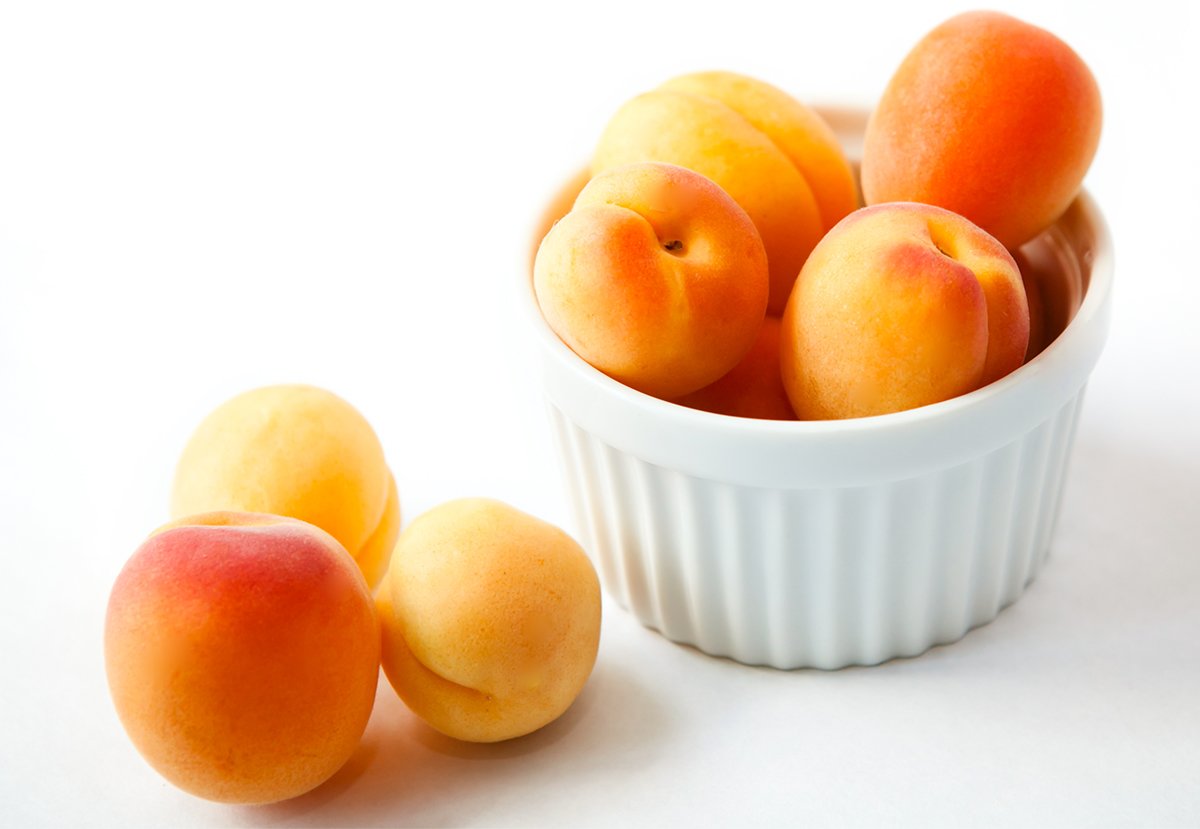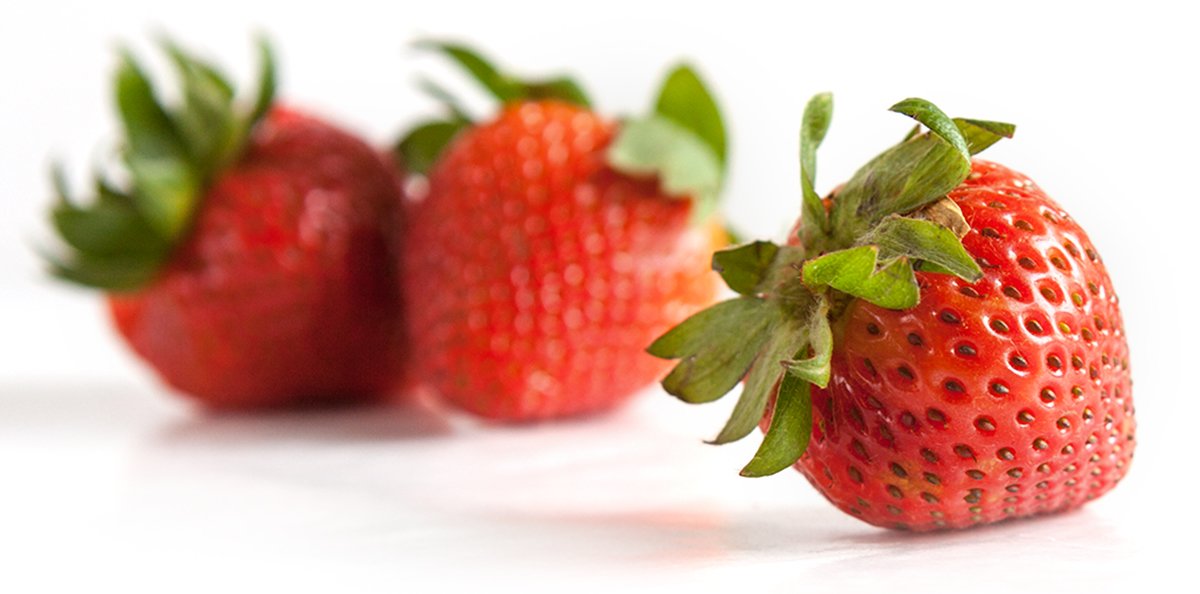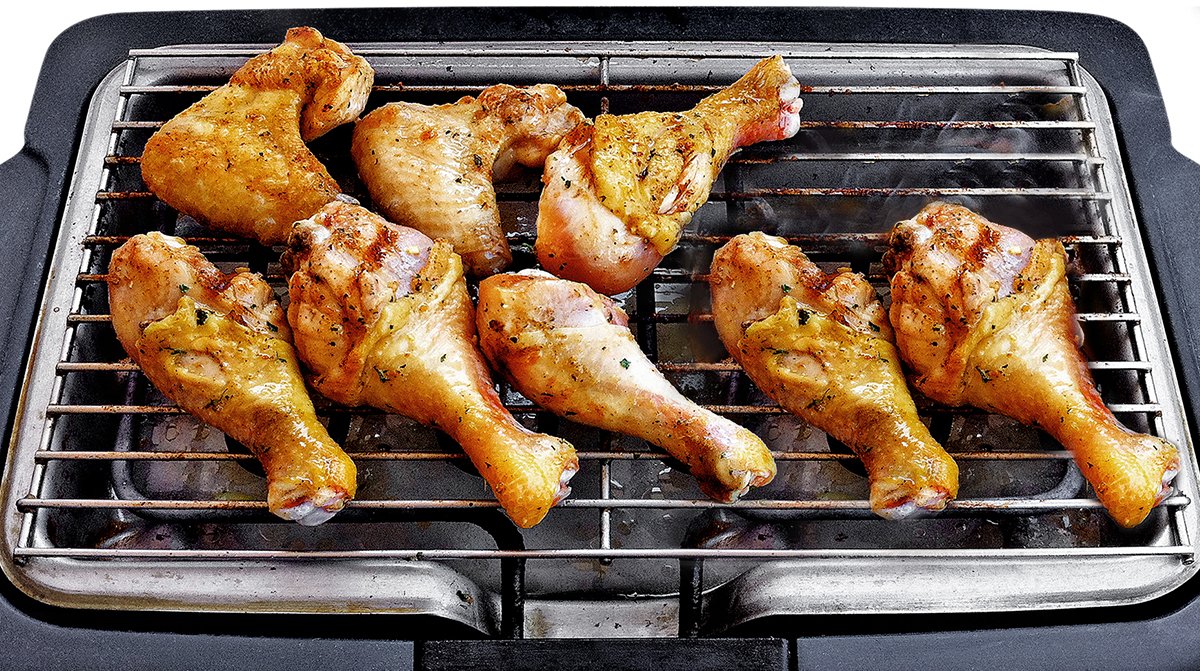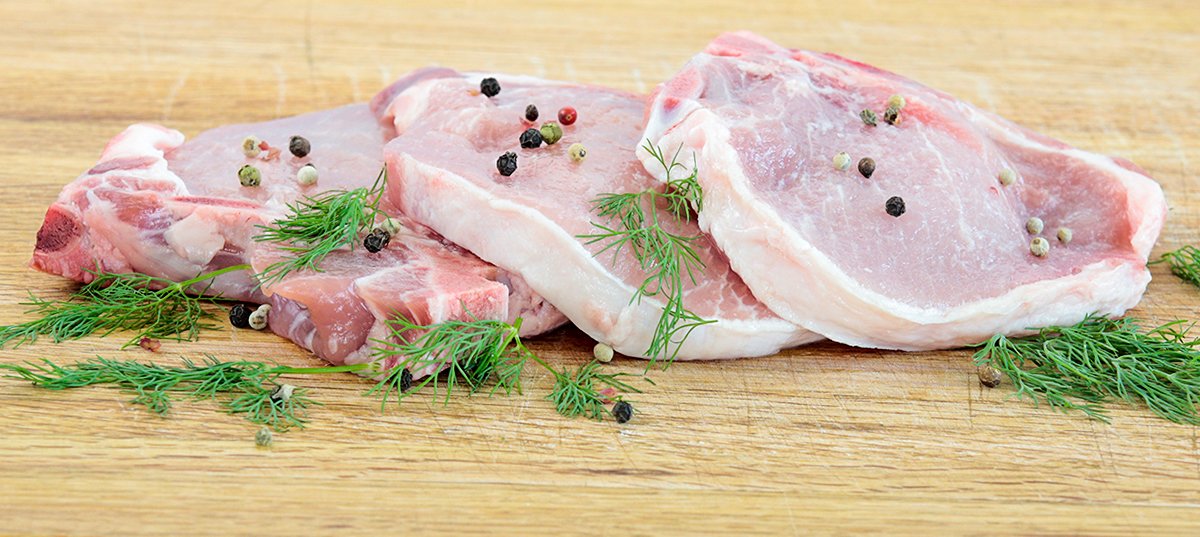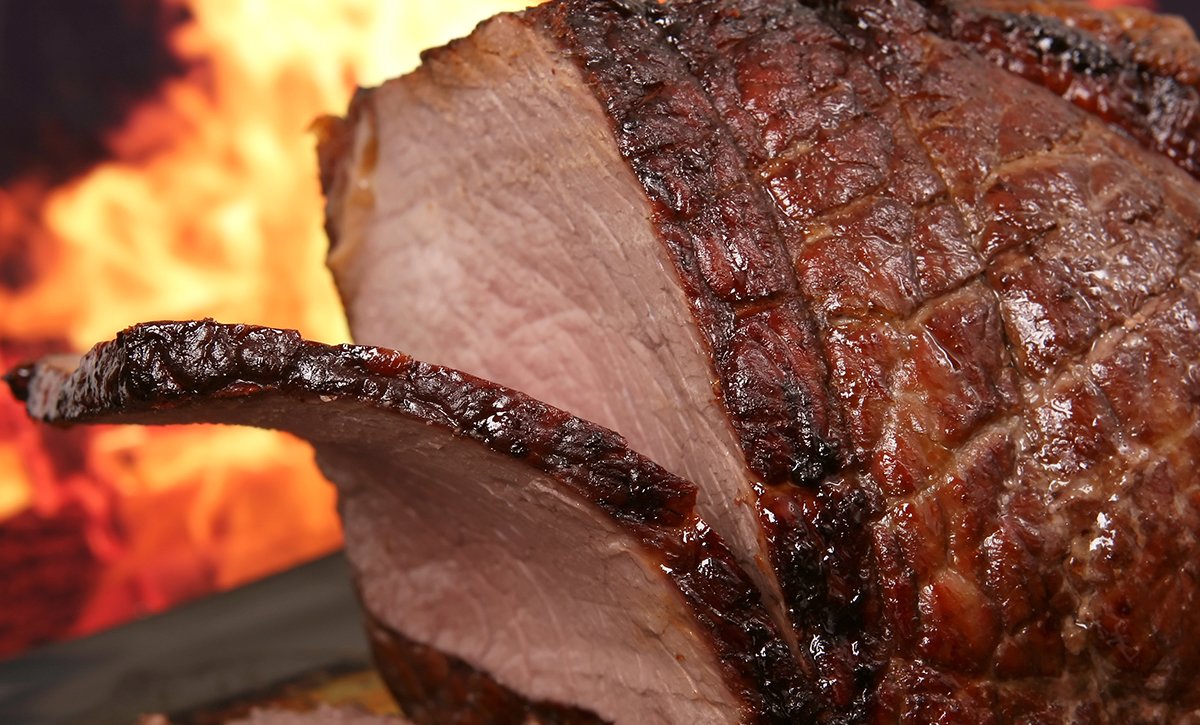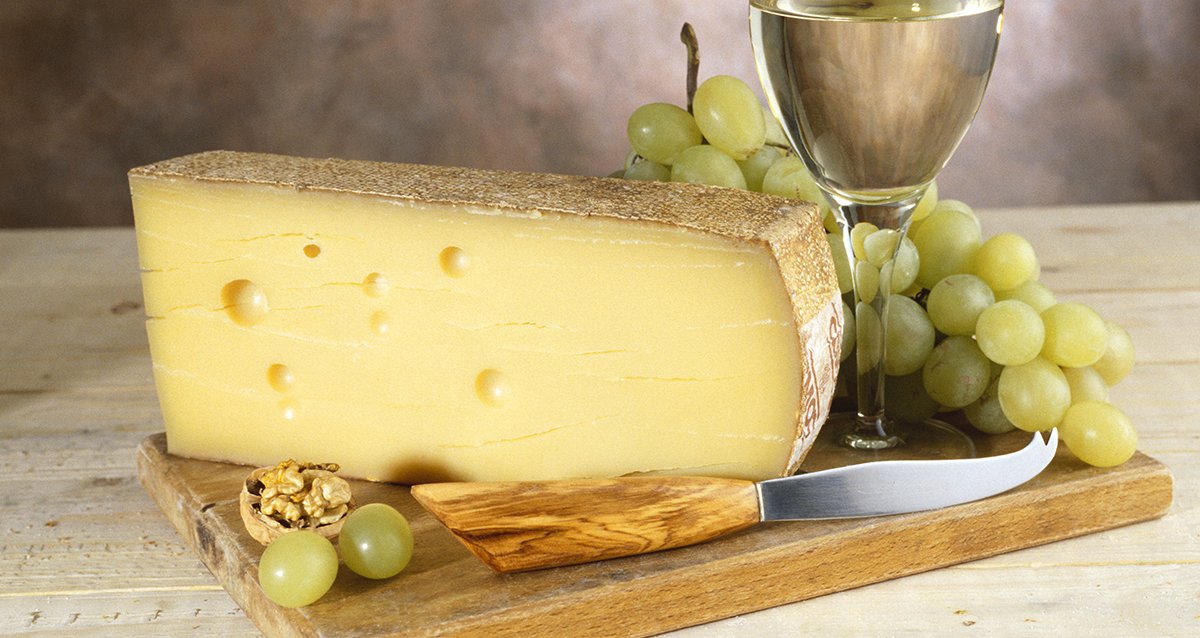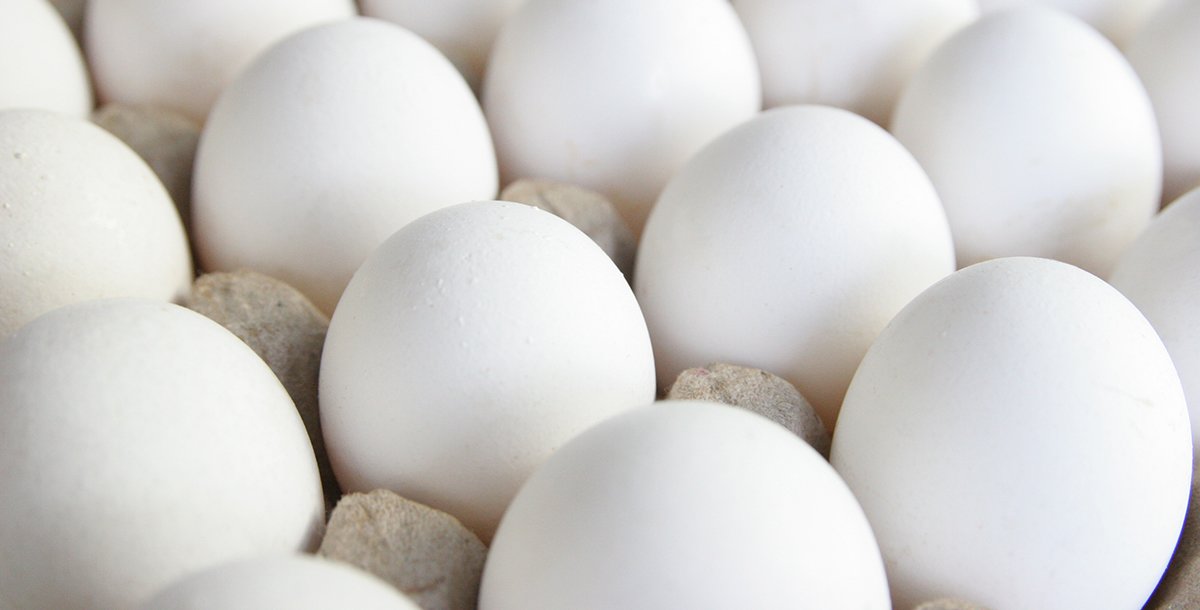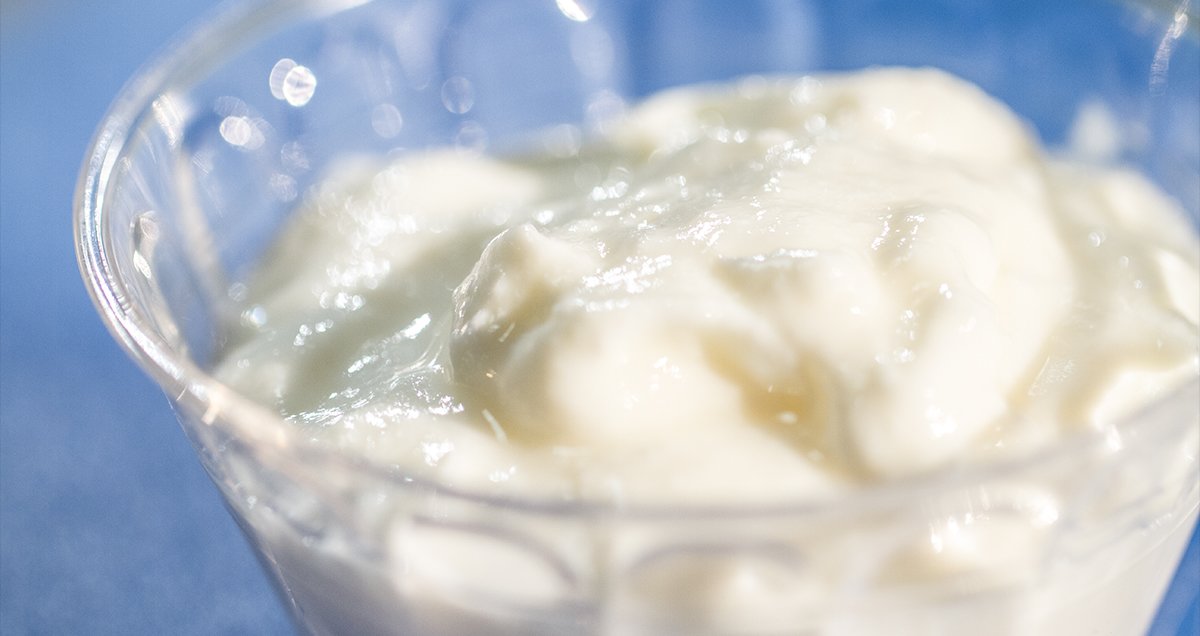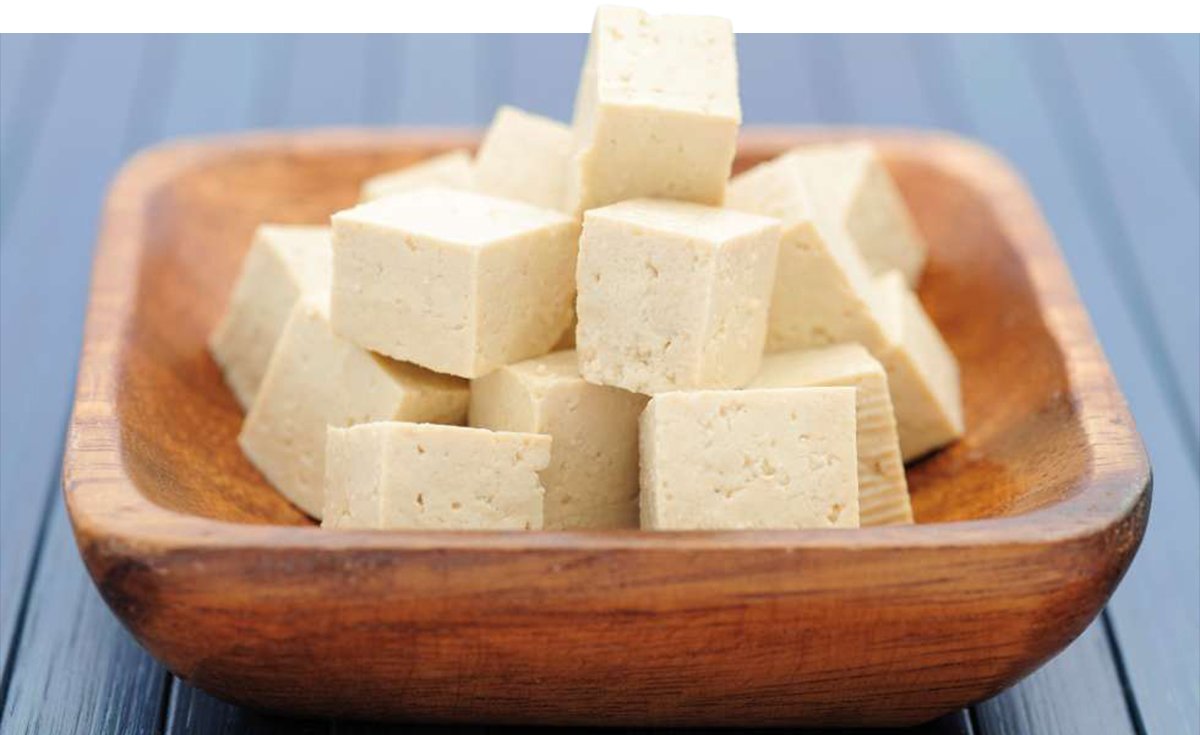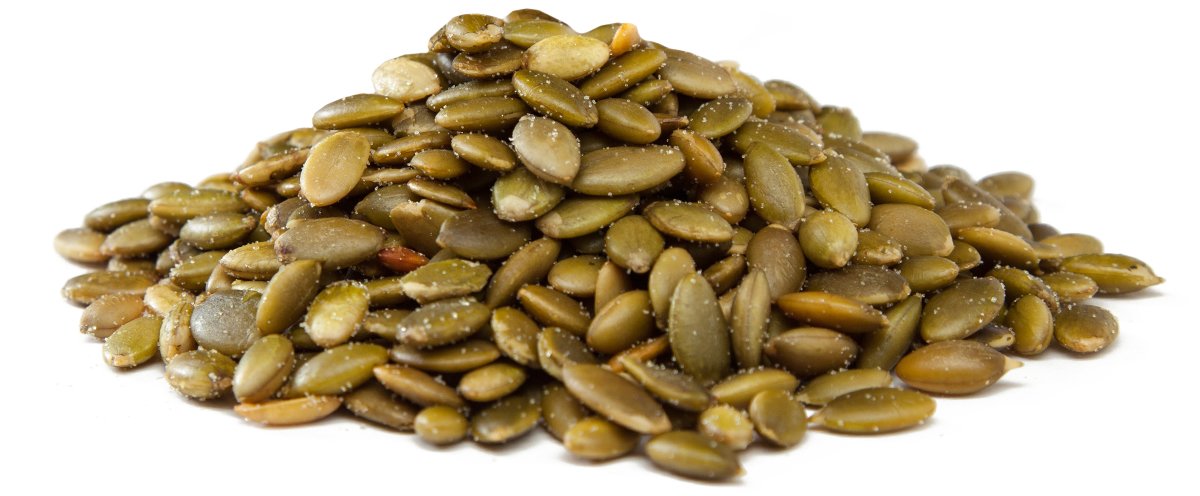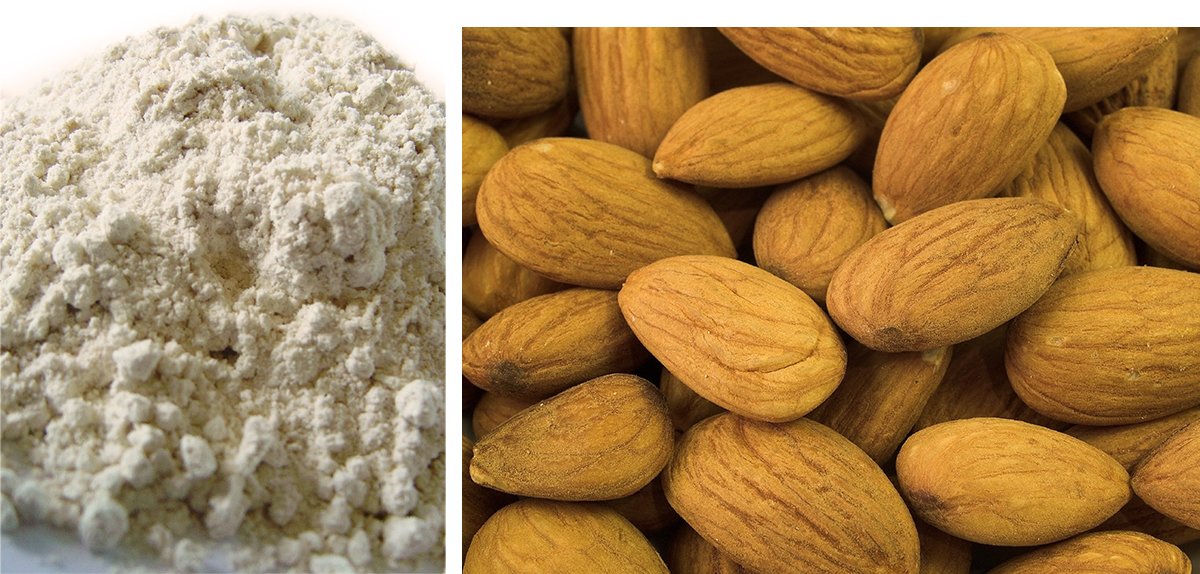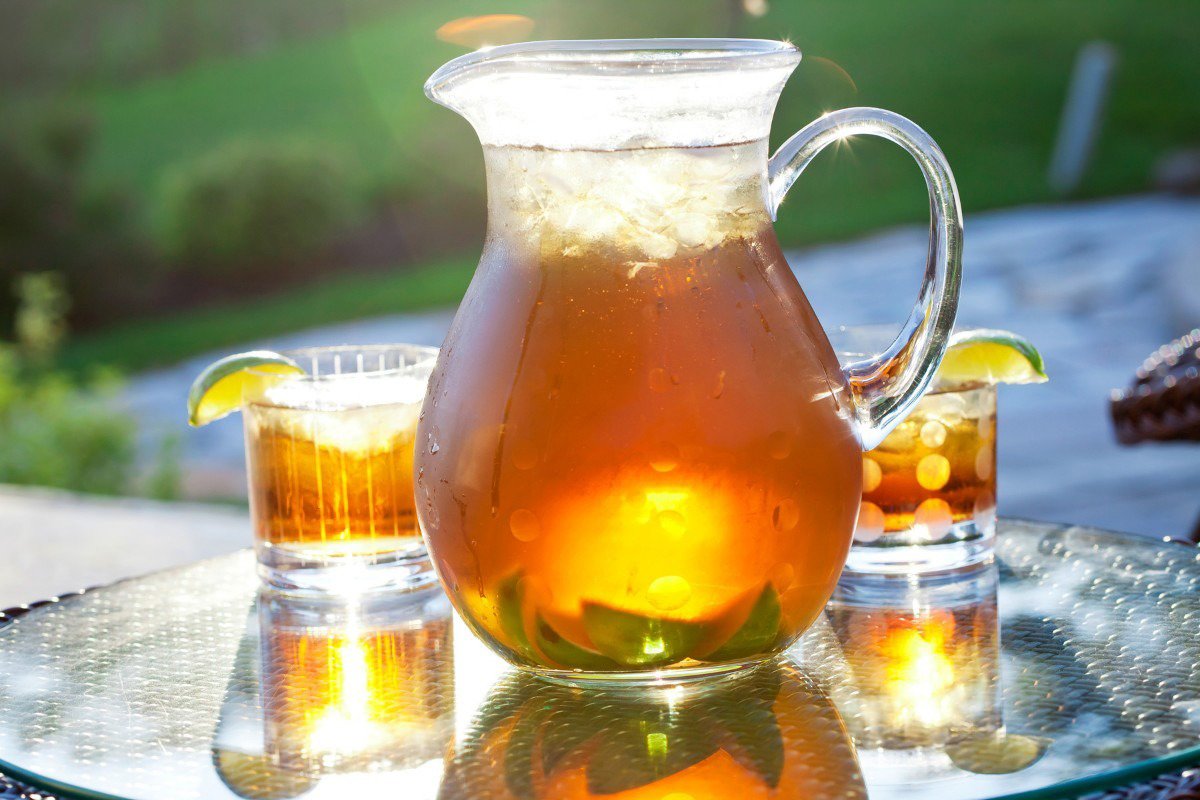How Many Carbohydrates Should I Eat Per Day?
Many Carbohydrates Should a Diabetic Eat per Day?
Are Carbohydrates Poison for Diabetics?
Carbohydrates are a food group with a particular chemical structure that converts to sugar in the body. It is found as sugars, starches and fibers found in fruits, grains, beans, vegetables and milk products.
Foods high in carbohydrates are:
Bread, pasta, rice, potatoes, milk (not Almond Milk), French fries, potato chips, cakes, beans, soda (non diet), cookies, pies, popcorn, energy bars, yogurt, oatmeal/porridge, muesli and so on. Note, legumes, such as beans and lentils, are high in carbs. Moderate amounts of root vegetables may be OK (unless you have diabetes).
It used to be thought that foods high in carbohydrates are an important part of a healthy diet, but that is not true for most diabetics. Many MDs consider Carbohydrates poison to diabetics as it causes a slow, painful death with vision loss as a key part.
You do not do any damage to your body by eating a low carbohydrate diet, as long as you are getting your nutrients, particularly Calcium, and all the vitamins and minerals your body needs daily.
Richard Bernstein, an MD with Type 1 diabetes and a long-time advocate of the low-carb approach to diabetes, suggests patients eat 6 grams of carbs at breakfast, and snacks, 12 grams each at lunch and dinner. This equals about 40 grams of carbs per day.
My father, who is a cardio-thoracic surgeon suggests even less than that: 24-30 grams of carbs per day.
But all MDs do not want patients to fail in their quest to maintain a healthy lifestyle and a low carb diet. No MDs want their patients to binge eat carbs. So one has to think about how to get his or her body to love a low carb diet. It is not easy but it is possible. And the steaks are very high: if you cannot train your body to love a low carb diet and you are diabetic, you will likely develop permanent changes in your vision that will lead to vision loss, and kidney failure, and other numerous complications.
Most people need between 30–75 grams of carbohydrate per meal and 15–30 grams for snacks. 120 and 300 grams a day is what most non-diabetic people “need”.
The Dietary Guidelines for Americans, 2010, (PDF) recommend that healthy people get 50–65% of their calories from carbohydrates. A study posted on the American Diabetes Association (ADA) Web site agrees. For a woman eating a below-average 2,000 calories a day, 50–65% would be 250–325 grams of carbs a day. I would argue this is way too high a recommended amount especially if you have diabetes in your family. You are setting up your pancreas’s islet cells to fail you as you get older.
So to answer our questions:
Many Carbohydrates Should a Diabetic Eat per Day?
Answer: as few as possible. Definitely less than 60 grams per day. Many MDs recommend 40 or less. But MDs need to work with patients to help them stay successful in low carb diets so a dietitian’s help is needed often.
Are Carbohydrates Poison for Diabetics? Yes they really technically are as carbohydrates cause the death of healthy tissue over time by creating new abnormal blood vessels in many places of the body, then bleed, and then take away much needed Oxygen from healthy tissue.
How Many Carbohydrates Should I Eat Per Day?
Answer: IF you do not have a family history of diabetes, you can likely eat higher ranges of carbs, but I would still suggest limiting them to less than 200-300 grams per day.
If you have a family history of Diabetes, but do not have diabetes, I would recommend limiting your carbohydrate intake to less than 100 grams per day depending on how close your relative who has Diabetes is to you: if it is your twin sister, you should limit cards to less than 60 grams per day.
Sandra Lora Cremers, MD, FACS
Here are some great sites that discuss Carb loads for different foods.
I am still wary of excess fruit or even quinoa as they do have carbs, so be careful not to eat too much of even the low carb foods.
http://www.bodybuilding.com/content/the-ultimate-list-of-40-low-carb-foods.html
1. Zucchini
Carb count: 7 grams per 1 medium squash
Zucchini, or les courgettes in French parlance, is a great vegetable to have on hand to trim the carbs from your diet. When cut into noodle-like strands using a serrated vegetable peeler or spiralizer, zucchini becomes a wonderfully tender substitute for more carbohydrate-dense spaghetti as a base for your meat sauce.
Grated zucchini can be used for hash browns in lieu of potatoes or can be added to pancake batter at the expense of some of the flour. Or for an inspiring low-carb snack, slice the zucchini ends off and use a flat-blade vegetable peeler or mandolin to make long, wide strips. Place some smoked salmon and arugula on the end of each zucchini ribbon and roll up.
Nutrition Bonus: While not often considered a so-called “superfood,” zucchini does harbor a range of essential nutrients including
vitamin B6,
potassium, manganese, and
vitamin C.
2. Cauliflower
Carb count: 5 grams per cup
There’s a good reason why cauliflower has been dubbed the “skinny starch.” Once cooked, cauliflower’s unique texture can be used as a lower-carb alternative for mashed potatoes (minus the spuds, you’ll save about 23 grams of carbs in a serving), mac and cheese, creamy soups, and even pizza crust. Or pulverize a whole raw head in a food processor and use as a substitute for couscous or rice.
Nutrition Bonus: As a member of the Brassica plant family along with broccoli and kale, cauliflower delivers a wallop of antioxidants.
3. Swiss Chard
Carb count: 1 gram per cup
Nutrient-dense dark, leafy greens should always be a low-carb addition to your grocery cart, and Swiss chard is no exception. You can steam or sauté the leaves, or consider using whole uncooked leaves as an alternative to carb-heavy tortillas when making tacos and wraps.
Nutrition Bonus: Swiss chard delivers a massive amount of vitamin K, which a study in “The Journal of Nutrition” found was capable of reducing the risk for cancer and heart disease.[1]
4. Mushrooms
Carb count: 2 grams per cup
From white to cremini to more exotic shiitake, these edible fungi are low in carbs but rich in great umami flavor. Large and meaty portobello mushroom caps can stealthily be used as an alternative to hamburger buns, or as a replacement for gut-busting pizza crust by laying on all your favorite pizza toppings.
Nutrition Bonus: Mushrooms of all types have been praised for their high amounts of immunity-boosting compounds.
5. Celery
Carb count: 1 gram per stalk
Celery is made up of about 95 percent water, so it’s no surprise that there’s a dearth of carbohydrates. Slice and add to salads, or simply smear on some nut butter for a snack that’s big on nutrition but low in six-pack-killing processed carbs.
Nutrition Bonus: Celery is a good way to obtain an extra dose of vitamin K, which can bolster bone strength.
6. Cherry Tomatoes
Carb count: 6 grams per cup
With better flavor than the bland larger tomatoes sold at the supermarket, cherry tomatoes are a convenient way to bolster the nutritional firepower of your diet without any serious carbohydrate backlash.
Pop them in your mouth for a sweet snack au naturale, or toss a pint with a bit of oil and bake them in the oven at 400 degrees Fahrenheit until tender and shrivelled for roasted flavor bombs.
Nutrition Bonus: These rosy orbs are a source of the cancer-fighting antioxidant
lycopene.
7. Spaghetti Squash
Carb count: 7 grams per cup
Think of spaghetti squash as Mother Nature’s low-carb answer to pasta. Once cooked, the flesh of the squash pulls apart into slightly nutty-tasting, noodle-like strands minus the carbohydrate deluge. Simply slice a spaghetti squash in half lengthwise, scoop out the seeds, and place the squash halves in a microwavable dish, flesh-side down.
Loosely cover the squash with a paper towel or parchment paper and microwave on high for 8-12 minutes, or until the flesh is very tender. Let the squash stand for five minutes, then scrape out the squash flesh with a fork into strands. Top the squash with your favorite protein-rich meat sauce.
Nutrition Bonus: The benevolent gourd delivers notable amounts of
vitamin C, a nutrient shown to help reduce muscle soreness and oxidative damage following intense exercise.[2]
Other Low-Carb Veggies
- Radish
- Asparagus
- Bok choy
- Broccoli
- Spinach
- Arugula
- Bell pepper
- Watercress
Low-Carb Fruits
8. Apricots
Carb count: 8 grams per 2 fruits
Bob Dylan famously sang, “Everybody must get stoned.” If he was referring to eating the stone fruit apricots as a lower-sugar option, he definitely had the right idea. Enjoy as an out-of-hand snack, or slice and add to yogurt, oatmeal, and even salad for natural sweetness.
Nutrition Bonus: The orange-tinged flesh of the apricot is a tipoff that it contains high amounts of
beta-carotene, an antioxidant that has been linked to improved brain functioning.[3]
9. Avocado
Carb count: 8 grams per 1/2 avocado
Unlike most of its counterparts in the fruit world—yes, it’s a fruit—avocado is virtually free of sugar. In fact, 75 percent of its carbs come from nondigestible fiber.
Nutrition Bonus: Fatty in a good way, avocados are plush in heart-healthy monounsaturated fat.
10. Strawberries
Carb count: 11 grams per cup
Among berries, strawberries supply the least sugar, making them a great option to satisfy a sweet tooth. If you’re concerned about possible pesticide exposure, opt for strawberries labelled “organic.”
Nutrition Bonus: Strawberries are a stellar source of vitamin C, which may help regular gym-goers avoid coming down with the sniffles.[4]
11. Red Grapefruit
Carb count: 9 grams per 1/2 fruit
Time to pucker up to this lower-carbohydrate fruit option, which supplies about 20 percent less sugar than that found in an orange. Just don’t try to tame its sour power by coating it in sugar.
Other Low-Carb Fruits
- Rhubarb
- Watermelon
- Peaches
- Star fruit
- Cantaloupe
- Blackberries
Low-Carb Meats And Fish
12. Catfish
Carb count: 0 grams per 3 ounces
More flavorful than tilapia, farmed catfish is an inexpensive way to load up your muscles with pure high-quality protein. American-farmed catfish is also considered a sustainable option from the fish counter. Fillets are great steamed, grilled, oven-roasted, or pan-seared.
Nutrition Bonus: This swimmer is a good source of
vitamin B12, which your nervous system needs in order to function properly.
13. Canned Pink Salmon
Carb count: 0 grams per 1/2 can
The canned-fish aisle is a great place to locate virtually carb-free protein. Pink salmon is an economical option with lower levels of toxins such as mercury than what’s found in most canned tuna.
Nutrition Bonus: Canned salmon is a good way to reel in plenty of the omega-3 fats that have been shown to reduce exercise-induced muscle soreness and stimulate muscle protein synthesis.[5]
14. Chicken Drumsticks
Carb count: 0 grams per 3 ounces
While go-to chicken breasts can be as exciting as C-SPAN, budget-friendly drumsticks have richer flavor and their juicy meat is less prone to drying out during cooking. Leave the skin on during cooking for even more flavor, but if you’re concerned about the extra fat calories it delivers, strip it off before eating.
Nutrition Bonus: Beyond a protein payload (24 grams in each 3-ounce serving), drumsticks supply
selenium, an antioxidant that may help ease exercise-induced oxidative stress.[6]
15. Ground Turkey
Carb count: 0 grams per 3 ounces
Inexpensive and ubiquitous, ground turkey is an easy way to infuse your meals with carb-free protein. Use it for burgers and meat sauces. To trim fat calories, look for packages made with ground white meat.
Nutrition Bonus: As with other poultry, turkey contains a full arsenal of the essential amino acids that can pump up your muscles.
16. Pork Tenderloin
Carb count: 0 grams per 3 ounces
When not overcooked, the “other white meat” has good juicy flavor and a much less painful price tag than its beef counterpart. It also provides a stellar 6:1 protein-to-fat ratio. Look for unseasoned pork tenderloin to avoid excess salt and other questionable ingredients that may be in the seasonings.
Nutrition Bonus: On top of plenty of muscle-friendly protein, pork tenderloin is a good source of thiamine, a B vitamin needed to make the energy you use to toss around the iron on the gym floor.
17. Top Sirloin Steak
Carb count: 0 grams per 3 ounces
This cut of beef is one of the leaner options at the supermarket, making it a smart way to get your fill of protein with zero carbohydrate cost. It takes particularly well to marinades, which serve to tenderize the meat further. You can up the nutritional ante by splurging for steak sourced from grass-fed cattle.
Nutrition Bonus: Red meat like sirloin beef are a natural source of creatine, that much-beloved compound that can help you show off feats of strength at the gym.
18. Roast Beef
Carb count: 0 grams per 2 ounces
For the most part, deli-style roast beef is spared the sugars that can be added to turkey and other lunchmeats. Surprisingly, it’s also one of the leaner options at the deli counter.
For a low-carb lunch option, try wrapping a few slices of roast beef and roasted red pepper, a smear of Dijon mustard, and some cheese or avocado in large Swiss chard or collard leaves.
Nutrition Bonus: The highly absorbable form of
iron in beef can help jazz up your muscles during those suffer-fests in the squat rack.
19. Bison
Carb count: 0 grams per 3 ounces
When it comes to your grilled steak or burgers, consider getting your game on more often for carb-free protein goodness. Game meats like bison and elk are becoming easier to find at the butcher counter as more people sign on to the paleo way of eating and consumers increasingly search for alternatives to beef raised on industrial feedlots.
Nutrition Bonus: Research shows that when bison is raised on the range, its meat is richer in omega-3 fats than cattle fattened up on corn and soy in feedlots.[7]
Other Low-Carb Meats And Fish
- Cornish game hen
- Halibut
- Ground beef
- Turkey breast
- Chicken thighs
- Canned sardines
Low-Carb Dairy
20. Gruyere Cheese
Carb count: 0 grams per ounce
Forget the mundane mass-produced cheese slices—this hard cheese from Switzerland has great nutty flavor that’ll win you over. It also melts beautifully, making it a perfect way to add excitement to everything from steamed broccoli to low-carb pizzas.
Nutrition Bonus: This cured cheese is a top-notch source of
calcium, a mineral involved in bone-building and perhaps fat-burning.
21. Butter
Carb count: 0 grams per tablespoon
Since the link between saturated fat and heart disease has been at least partially decoupled, butter has once again found a place in frying pans and home baking. For a rich-tasting riff on mashed potatoes, try blending steamed cauliflower with butter, fresh thyme, and a couple pinches of salt.
Nutrition Bonus: Butter substitutes like margarine and vegetable shortening can adversely affect your “bad” cholesterol levels, increasing your risk of cardiovascular disease to a far greater degree than the saturated fat in butter does.
22. Eggs
Carb count: 1 gram per 2 large eggs
Which came first, the chicken or the egg? Who cares, as both supply plenty of protein power without any carbohydrate worry? In fact, the
protein in eggs is considered of higher quality than what’s found in any other whole food.
Nutrition Bonus: Canadian scientists recently discovered that eggs are a surprisingly good source of antioxidants to help mop up those cell-damaging free radicals.[8]
23. Cottage Cheese
Carb count: 6 grams per cup
There’s good reason why this curd product is still a favorite among bodybuilders: It’s jam-packed with protein (28 grams per cup) with negligible amounts of carbohydrates. Sodium levels can vary greatly, so compare brands carefully.
Nutrition Bonus: The great white is rich in the
slow-digesting protein casein, making it a good
snack option in the evening to prolong muscle-making while you snooze away.
24. Plain Greek Yogurt
Carb count: 9 grams per cup
In recent years, Greek yogurt has gone from an obscure item in the dairy aisle to a cultured rock star. And considering that it supplies about 23 grams of protein per cup, muscles everywhere have been benefiting from its surging popularity. Of course, if you want to keep the carb count low, you’ll have to opt for plain versions that are not pumped full of sugar.
Nutrition Bonus: Probiotics—the friendly critters in yogurt—work to improve your digestive and immune health.
25. Goat Milk
Carb count: 11 grams per cup
It’s time tangy goat milk got a chance to display its horns. This up-and-coming milk contains less carbs than cow’s milk, is easier to digest, and according to recent research is richer in a number of nutrients such as omega fatty acids.[9]
Other Low-Carb Dairy Products
- Brie cheese
- Goat cheese
- Monterey cheese
- Ricotta
- Plain kefir
- Sour cream
- Cream cheese
Low-Carb Plant Proteins
26. Tofu
Carb count: 3 grams per 3 ounces
Tofu isn’t only for vegetarians! It also offers an inexpensive
low-carb protein option for carnivores who want a night off from meat. Alone it doesn’t taste like much, but when you add tofu to sauces or other foods, it soaks up flavors brilliantly. Try it as a cheap protein in stir-fry, or marinate it like you would steak and slap it on the grill.
Nutrition Bonus: Compounds in soy called isoflavones, which are used to make tofu, may have blood-pressure-lowering powers.[10]
27. Tempeh
Carb count: 9 grams per 3 ounces
Tempeh is a meaty patty that’s made from a base of fermented soybeans, making it a respectable protein source. Its flavor can be described as smoky, nutty, and earthy in a mushroomy kind of way. Try crumbling it up and adding it to chili, stir-fry, tacos, soups, casseroles, and pasta sauce.
Nutrition Bonus: As a fermented product like yogurt or sauerkraut, it’s believed that tempeh contains a healthy population of ultra-healthy probiotics.
28. Canned Pinto Beans
Carb count: 18 grams per 1/2 cup
Among canned beans, pinto beans contain some of the lowest carbohydrate numbers, but still boast significant amounts of plant-based protein—12 grams in each serving. You can use them to add a quick protein hit to salads and scrambled eggs.
Nutrition Bonus: Their wallop of fiber can help reduce a spike in blood sugar caused by carbohydrates in a meal.
29. Pumpkin Seeds (Pepitas)
Carb count: 5 grams per ounce
These jack-o’-lantern castoffs are a surprising source of whole-food protein, with about 7 grams in a crunchy serving. Of note, none of their carbohydrates are sugar, making them an even better way to elevate protein content in salads, oatmeal, yogurt, or cottage cheese.
Nutrition Bonus: You can turn to pumpkin seeds for a source of testosterone-boosting
zinc.
Other Low-Carb Plant Proteins
- Hemp seeds
- Edamame
- Unsweetened soy milk
Low-Carb Snacks
30. String Cheese
Carb count: 0 grams per 3 ounce
Good for kids and adults alike, prepackaged string cheese such as Sargento is one of the most convenient low-carb snacks around. Your growing muscles will also benefit from the extra shot of high-quality dairy protein.
Nutrition Bonus: As with regular cheese, the stringy version offers up plenty of bone-strengthening calcium.
31. Jerky
Carb count: 3 grams per ounce
When it comes to snack foods, it’s always a challenge to find items that deliver respectable amounts of protein without an overload of the refined carbohydrates that can blow up your physique. Well,
jerky is a great way to do just that. Still, be careful to select options where the chewy meat such as beef or turkey is not bathed in sweeteners.
Nutrition Bonus: Most meat-based jerky helps you meet your daily needs for zinc, a must-have mineral to keep your immune system humming and muscle-building testosterone levels up.
32. Walnuts
Carb count: 4 grams per ounce
Not only can walnuts help you snack your way through a low-carb diet, but their lofty level of mega-healthy
omega-3 fatty acids is another good reason to go nuts for them. When purchasing
nuts, opt for salt-free to keep your sodium intake in check.
Nutrition Bonus: The crunch bunch also supplies copper, a mineral required for proper energy production in the body.
33. Kale Chips
Carb count: 8-12 grams per ounce
Crispy kale chips are surprisingly tasty (yes, seriously!) and have the benefit of being made with one of the most nutrient-dense foods on the planet. When a snack attack strikes, you’ll also reap the benefit of sending about 30 percent less starchy carbs into your body compared to potato-based chips. Look for bags such as Rhythm Superfoods in health-food shops and an increasing number of larger supermarkets.
Nutrition Bonus: This green giant contains an ample amount of vitamin C,
vitamin K, and
vitamin A.
Other Low-Carb Snacks
- Pepperettes
- Mixed nuts
- Pecans
- Hazelnuts
- Sunflower seeds
Low-Carb Grains/Flour
34. Almond Flour
Carb count: 6 grams per 1/4 cup
Made from finely ground almonds, paleo-worthy almond flour such as that offered by Bob’s Red Mill can help turn your pancakes or other baked goods into much more suitable fare for your six-pack.
Nutrition Bonus: Beyond helping you slash the carbs, almond flour also has higher amounts of protein, heart-friendly monounsaturated fat, and the supercharged antioxidant
vitamin E than grain-based flours do.
35. Shirataki Noodles
Carb count: 0 grams per 3 ounce
These translucent, gelatinous noodles are made from the powdered root of the Asian konjac yam plant and consist mostly of an indigestible fiber called glucomannan, giving each bowlful a zero net carb cost. Shirataki noodles have a rather nondescript taste on their own, but they soak up the flavors of accompanying sauces and spices very well. To use, drain and rinse well, then give the noodles a quick blanch in boiling water.
Nutrition Bonus: Preliminary research suggests that glucomannan may help improve cholesterol and fasting blood glucose, making it particularly healthy for those with Type 2 diabetes or prediabetes.[11]
36. Amaranth
Carb count: 23 grams per 1/2 cup
Grains are never going to be the lowest-carbohydrate option at the grocer, but South American amaranth contains less than others. Like quinoa, amaranth is also a source of the necessary essential amino acids to help show your muscles some love. Amaranth becomes viscous once cooked in water, as it releases its starch. Try it as a stellar alternative to oats for your breakfast porridge.
Nutrition Bonus: This gluten-free grain supplies significant amounts of manganese, a mineral required for proper metabolism.
Other Low-Carb Grains/Flour
- Hazelnut flour
- Coconut flour
- Peanut flour
- Low-carb wraps
- Wheat germ
Low-Carb Drinks
37. Unsweetened Iced Tea
Carb count: 0 grams per cup
While sweetened bottled tea is a sugar bomb, a drink made with just brewed tea and water is a thirst-quencher that won’t cause you to lose the battle of the bulge.
Nutrition Bonus: If you choose a brand made with green tea, you’ll take in the antioxidants that researchers at Pennsylvania State University found can rev up your fat-burning metabolism when paired with an exercise program.[12]
38. Unsweetened Almond Milk
Carb count: 2 grams per cup
If you’re looking for a moo-free option to add to your protein shakes or cereal, this nut-based drink is a good choice that won’t come close to breaking the carb bank. Just be sure to select cartons labelled “unsweetened” to sidestep the added sugars pumped into many non-dairy beverages.
Nutrition Bonus: Imbibing almond milk infuses your diet with extra vitamin E, which has been shown to dampen the cell-damaging oxidative stress associated with exhaustive exercise.[13]
39. Maple Water
Carb count: 3 grams per cup
Think of maple water—the clear liquid from the maple tree before it’s boiled down into syrup—as the North American answer to coconut water, but with half the amount of sugar. Each sip has a subtle taste of the same flavor that you pour on your morning flapjacks.
Nutrition Bonus: Maple water is naturally rich in manganese to help promote better bone health.
40. Tomato Juice
Carb count: 10 grams per cup
Good for more than bloody marys, ye-old tomato juice has less than half the sugar found in orange juice. Besides, don’t we all need more veggies in our diets? Lower-sodium options are now available to help reduce the risk for water retention. Also make sure that what you’re drinking is 100 percent vegetable juice and not a blend made with sugary fruit juices and sweeteners.
Nutrition Bonus: In a study published in “Nutrition Journal,” athletes who sipped antioxidant-rich tomato juice had less post-exercise inflammation than those who didn’t, which could speed-up recovery.[14]
A great site to help you cook Low Carb for Kids:
https://www.dietdoctor.com/low-carb-kids
